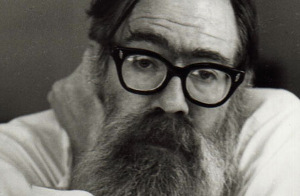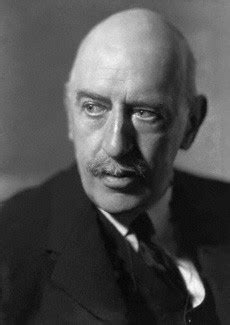A Quote by Howard Barker
A good play puts the audience through a certain ordeal.
Related Quotes
Plays have a celebratory nature that no other form has. Theater always meant celebration, a birthday, a reward for good grades. I felt at home in a theater. I loved being part of an audience. All the rules - the audience has to see the play on a certain date at a certain time in a certain place in a certain seat.
Of this I am certain, that no one has ever died who was not destined to die some time. Now the end of life puts the longest life on a par with the shortest... And of what consequence is it what kind of death puts an end to life, since he who has died once is not forced to go through the same ordeal a second time? They, then, who are destined to die, need not be careful to inquire what death they are to die, but into what place death will usher them.
I do strongly feel that among the greatest pieces of luck for high achievement is ordeal. Certain great artists can make out without it, Titian and others, but mostly you need ordeal. My idea is this: the artist is extremely lucky who is presented with the worst possible ordeal which will not actually kill him. At that point, he's in business: Beethoven's deafness, Goya's deafness, Milton's blindness, that kind of thing.
Even in the tragedies, Shakespeare always put in parts for the comic actors because his audience was mixed. He puts in people who talk like aristocrats. He puts in idiots and fools. He puts in certain middle-range characters. And when you go to the Globe, you realize how that all works. The people who paid more sat in seats around the edge. Everybody else paid a penny. They put it into a tin box - that's why we call it the "box office." They stood in the pit, but they were very close, so when Hamlet was doing his soliloquy, it was addressed to you, the audience - right there.
One night around that time, at Hammersmith, Bob Dylan was about to go into [his 1963 classic] 'Don't Think Twice, It's Alright.He said, 'Hey, Bucky! Play mandolin on this.' I am not really a mandolin player; I could only play in certain keys. Halfway through, he stops the band, turns to the audience and points to me. He says: 'He isn't playing, he's miming.' And then: 'Should I fire him?' The whole audience yells.
The next time I write a play - in order to get audience trust for a particular sort of tragic line, I'll try to bring the audience a good distance before that. Part of that is allowing comic moments to occur. I had been afraid of that - that once the audience started laughing in the play, they would never stop.
Sometimes, you know how good certain people are and then you actually get to see them have the kind of matches you know they can have in front of an audience that isn't used to seeing that. Then, in a few minutes the audience is on the edge of their seats, just through the sheer craftsmanship of their abilities.






































